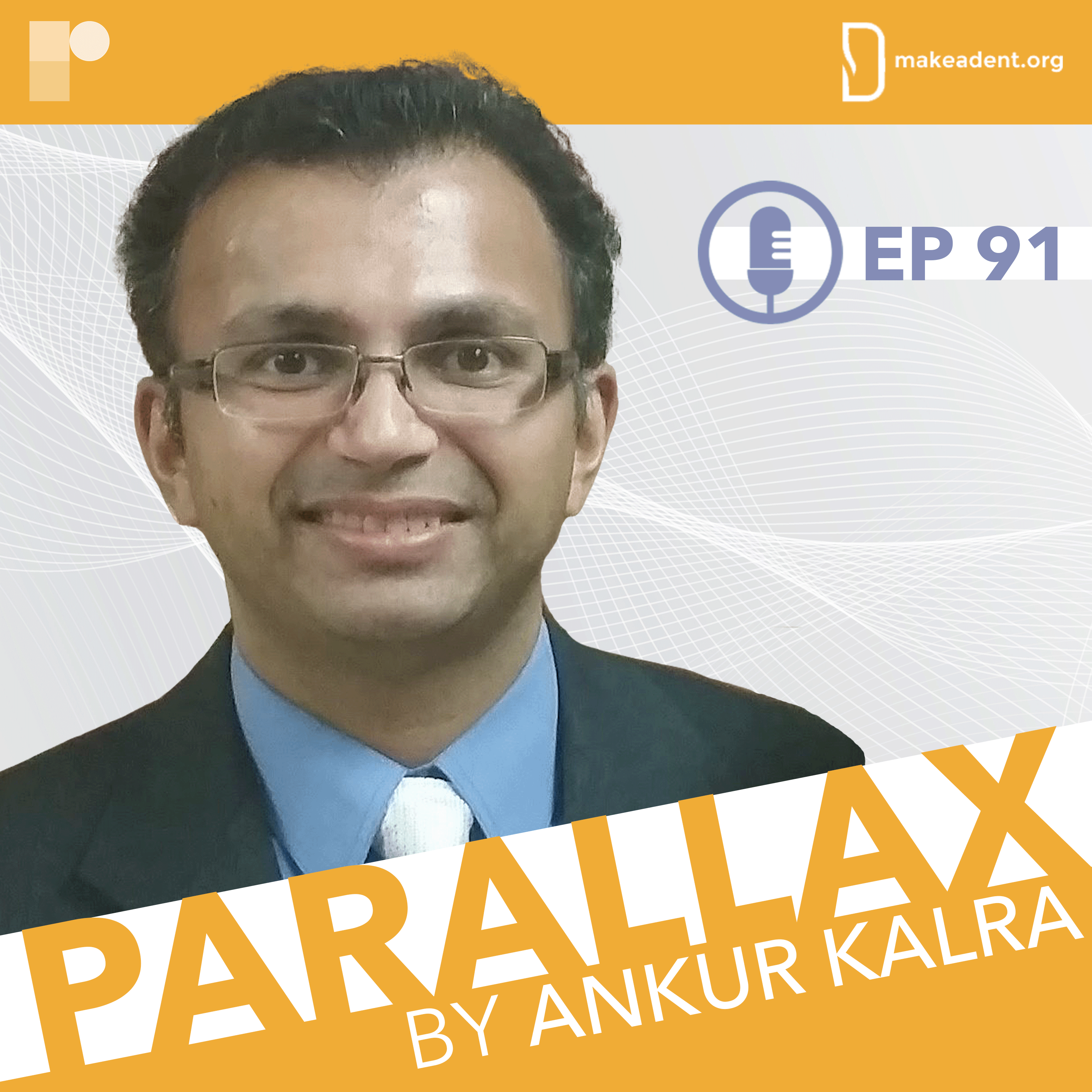
In the second part of our mini-series exploring the concept of value in academic medicine, Dr Ankur Kalra once again engages in a compelling discussion with Dr Nandan Anavekar. Dr Anavekar, a Professor of Medicine at Mayo Clinic College of Medicine and consultant for both the Cardiovascular and Radiology Departments at Mayo Clinic, also serves as the Program Director for the Adult Cardiovascular Diseases Fellowship program.
In this stimulating and thought-provoking episode, Dr Kalra and Dr Anavekar delve into the topic of measuring success in medicine. Dr Anavekar puts forward the argument that the ambiguous definition of academic achievement often results in damaging biases that have long-term repercussions on the medical field. As a program director, Dr Anavekar believes that the number of published articles should not be the only or most crucial criterion for evaluating early-career faculty. He argues that it's important to also consider the "distance travelled" by candidates.
Dr Kalra raises pertinent questions about the practical implications of this approach, and Dr Anavekar provides candid insights into his responsibilities. The conversation also sheds light on the "publish or perish" mentality and highlights the need to prioritize patient needs over the ideals of the experts treating them.
Can we move beyond binary thinking when it comes to measuring success in medicine? How does Dr Anavekar tackle research questions? What is the true essence of being "academic"?
Questions and comments can be sent to “podcast@radcliffe-group.com” and may be answered by Ankur in the next episode.
Guest: @nandananavekar, host: @AnkurKalraMD and produced by: @RadcliffeCARDIO.



In this episode, Ankur and Danielle speak about the evidence in favour of a whole-food plant-based diet to improve cardiovascular health, the ACC prevention guidelines, how to talk to patients about positive dietary change, the issue of lack of nutrition training in cardiovascular fellowships and what Danielle’s diet looks like as a busy whole-food plant-based cardiology fellow. On her own podcast ‘Nutrition Rounds’ Danielle has discussions about evidence-based plant-based nutrition with physicians who are leading experts in nutrition and health.
Hosted by @AnkurKalraMD. Produced by @RadcliffeCardiology.

In this brilliant conversation, Ankur, Emmanouil and Michael unravel the potential advantages, challenges and practical realities of using drug-coated balloons in SVD, and the findings of the latest randomised controlled trials studying this area.
Hosted by @AnkurKalraMD. Produced by @RadcliffeCardiology. [Disclaimer: The use of drug-coated balloons in coronay intervention is still off-label; it has not been approved by the FDA.]

Dawn is an associate editor of the journal Circulation: Cardiovascular Interventions and is widely known for her research program on PCI and peripheral arterial disease (PAD). Ankur and J. Dawn discuss multiple trials/studies that were published in 2018, including ORBITA, PIONEER-II and ABSORB. J. Dawn also shares her thoughts on the latest stent technologies.
Hosted by @AnkurKalraMD. Produced by @RadcliffeCardiology.

They discuss the importance of preventative medicine, their experience of reducing hypertension with non-pharmaceutical and pharmaceutical methods, and the significance of the integrated “team approach” when treating comorbid conditions such as hypertension. Athena also shares her thoughts on cardiologists’ responsibility to shape their patients’ lifestyle choices.
Hosted by @AnkurKalraMD. Produced by @RadcliffeCardiology.

Chest pain is one of the most common reasons for an emergency room visit in the US, with almost 6 million ER visits annually, yet there is no consensus on how to compare the results from various hscTn assays. Tune in to hear Santiago outline the advantages and limitations of using hscTn as a standard biomarket to evaluate patients with suspected ACS in the ER.
Hosted by @AnkurKalraMD. Produced by @RadcliffeCardiology.





